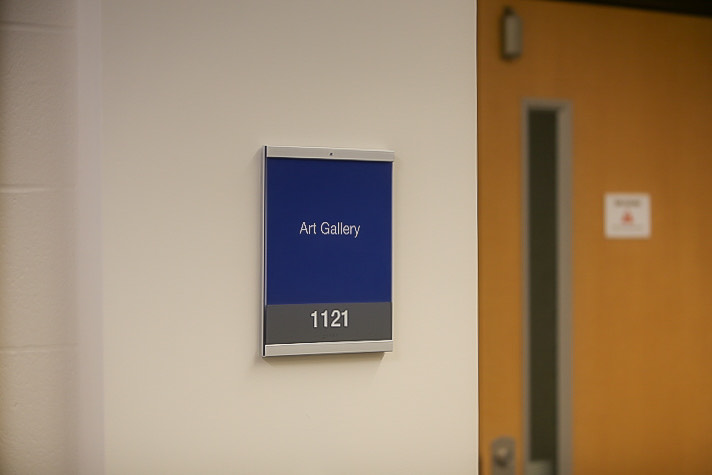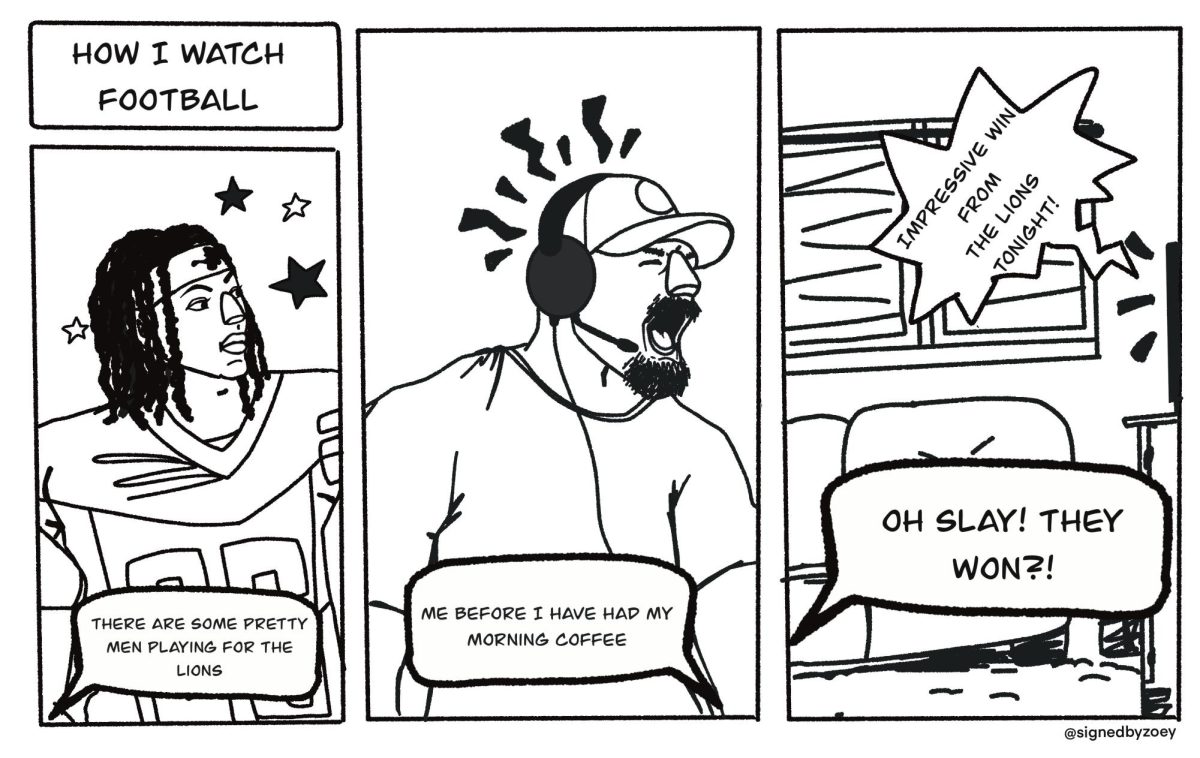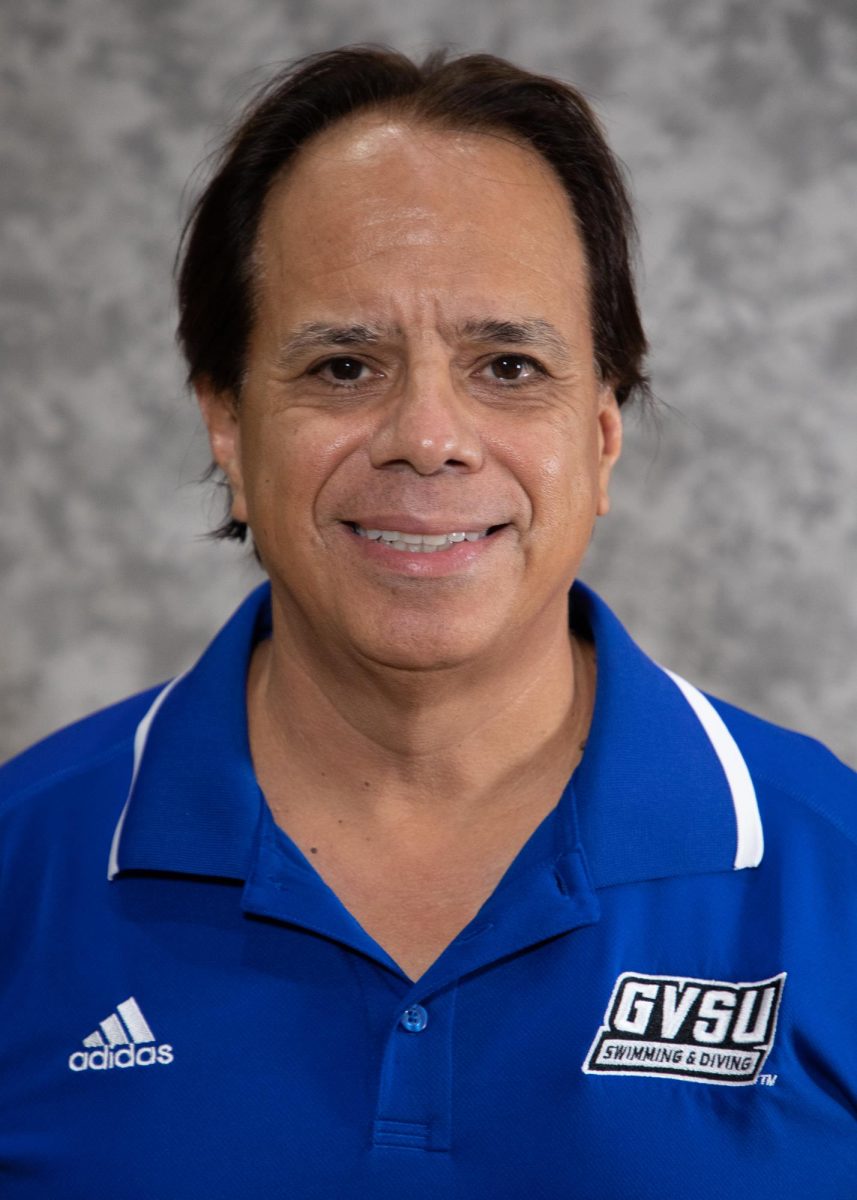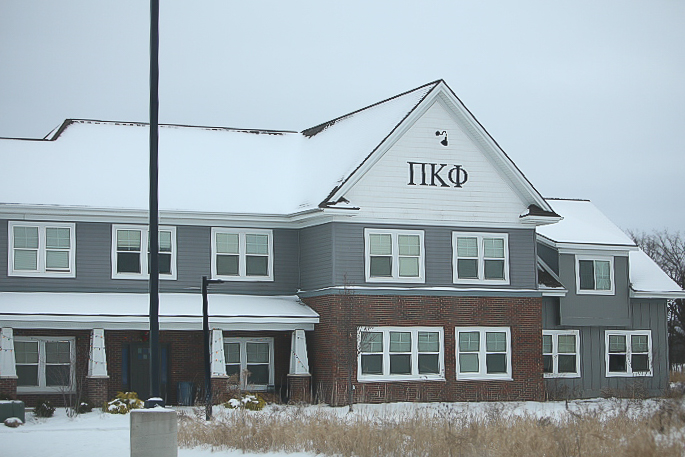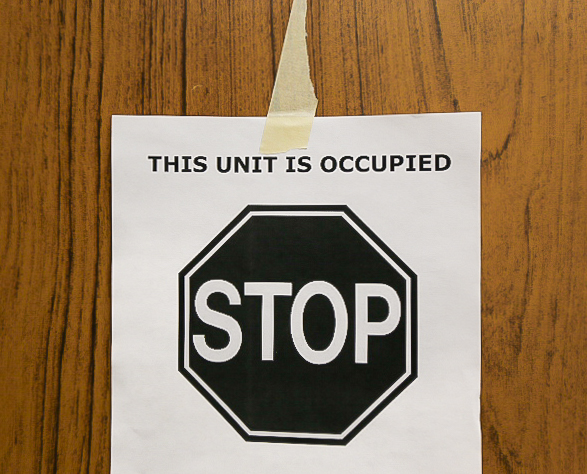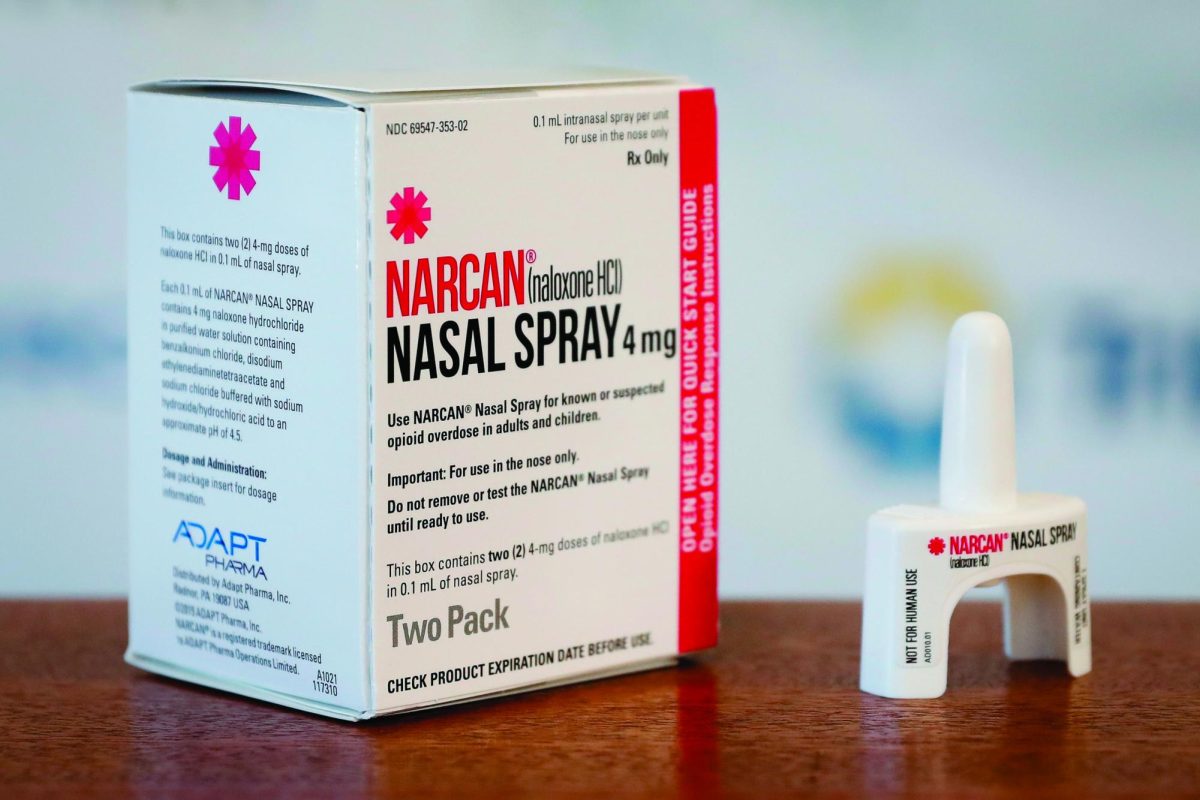Reparative therapy ‘insulting and dangerous’ to LGBT
Apr 19, 2010
As a therapist of 25 years and as Assistant Director of the LGBT Resource Center, I am writing to respond to Nathan Ruark’s Letter to the Editor (April 15, 2010) regarding reparative therapy for the lesbian, gay, bisexual and transgender (LGBT) community.
Reparative therapy is both insulting and dangerous. The message to the LGBT community is very clear: “Who you are is not OK and you need to change.” Last year when Nathan wrote in support of NARTH and reparative therapy, I shared the following powerful statement which was issued by the most venerable medical and psychological associations:
“The nation’s leading professional medical, health, and mental health organizations do not support efforts to change young people’s sexual orientation through therapy and have raised serious concerns about the potential harm from such efforts.”
This statement was endorsed by
* American Psychological Association
* American Academy of Pediatrics
* National Association of Social Workers
* American Counseling Association
* American School Counselor Association
* National Education Association
* American Association of School Administrators
* American Federation of Teachers
* American School Health Association
* National Association of School Psychologists
* National Association of Secondary School Principals
* School Social Work Association of America
* Interfaith Alliance Foundation
In 2006, the American Psychological Association issued a statement that expressed concern that reparative or “conversion therapy” was potentially damaging and might create an intolerant and discriminatory political and social climate. According to the statement:
“For over three decades the consensus of the mental health community has been that homosexuality is not an illness and therefore not in need of a cure. The APA’s concern about the position’s espoused by NARTH (The National Association for Research and Therapy of Homosexuality) and so-called conversion therapy is that they are not supported by the science. There is simply no sufficiently scientifically sound evidence that sexual orientation can be changed. Our further concern is that the positions espoused by NARTH and Focus on the Family create an environment in which prejudice and discrimination can flourish.”
Nathan’s claim that “there is strong statistical evidence that reparative therapy is effective” is simply not supported by the scientific community.
Colette Seguin Beighley
Assistant Director
LGBT Resource Center














